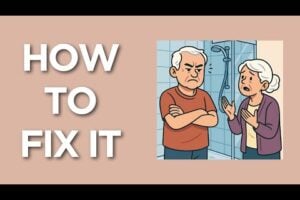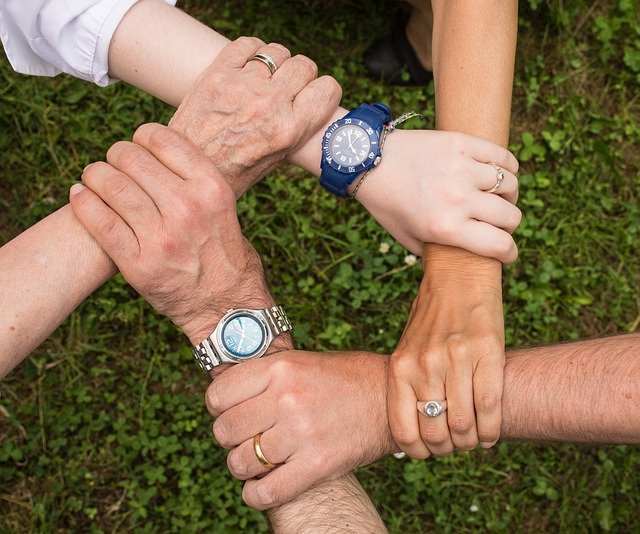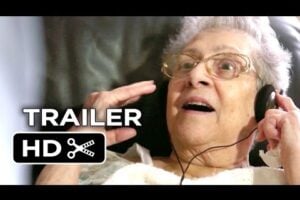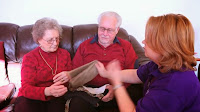CARE-TIPS VIDEO + ARTICLE:
A common frustration in Alzheimer’s is the propensity to say “no” to just about everything. Often, this is triggered by physical brain changes. Understanding the changes can be a tremendous help to everyone involved. See three tips on turning that “no” into a “yes”.
One common frustration in dementia is the propensity of patients to say “NO” to just about everything. Because of the illness, it is often hard for them to understand what is asked of them. So the easiest answer is to just say no.
Article continued below ad…
Alzheimer’s Weekly Store
Patience and compassion in these situations are the keys to success.
Turning a NO into a YES
- Start with a simple question.
- Add in some facts from their life story to remind them how-and-why they should do what is asked.
- Use physical queues, such as taking the person by the hand, point to what you need, or offering a reward.
- Recognize that they may be saying “NO” out of anger. The memory loss and confusion from dementia can cause bouts of anger. Here are some ways to deal better with it:
- Try taking a break from the conversation.
- Try to determine what caused the anger to arise. If possible, avoid that pattern in the future.
- Sometimes, anger is the result of pain or illness your loved one does not have the capacity to describe. So look for signs that they are not feeling well, such as their holding a specific spot or point on their body.
- Try distraction, such as bringing up a new story or apologizing, even when it is not your fault.
SOURCE: Home Instead Senior Care











